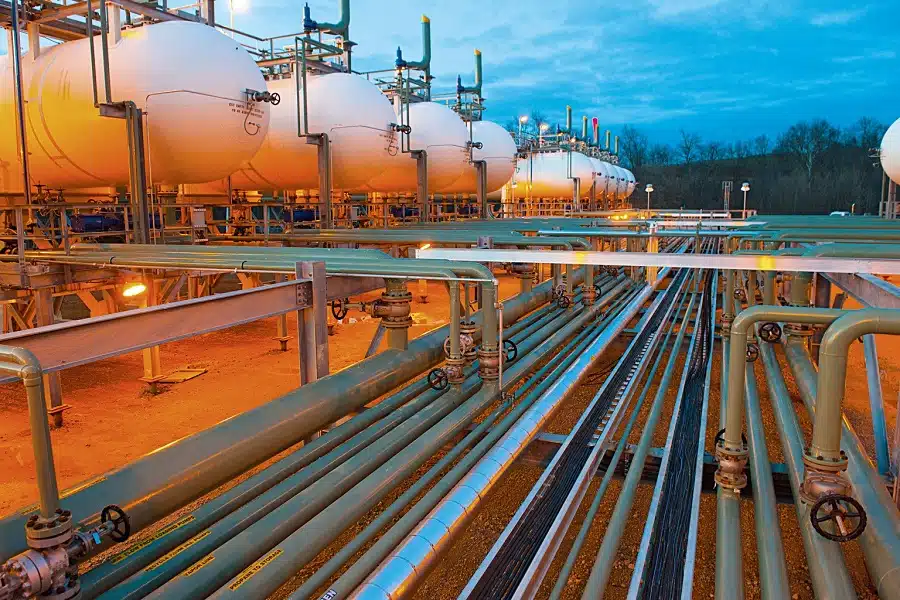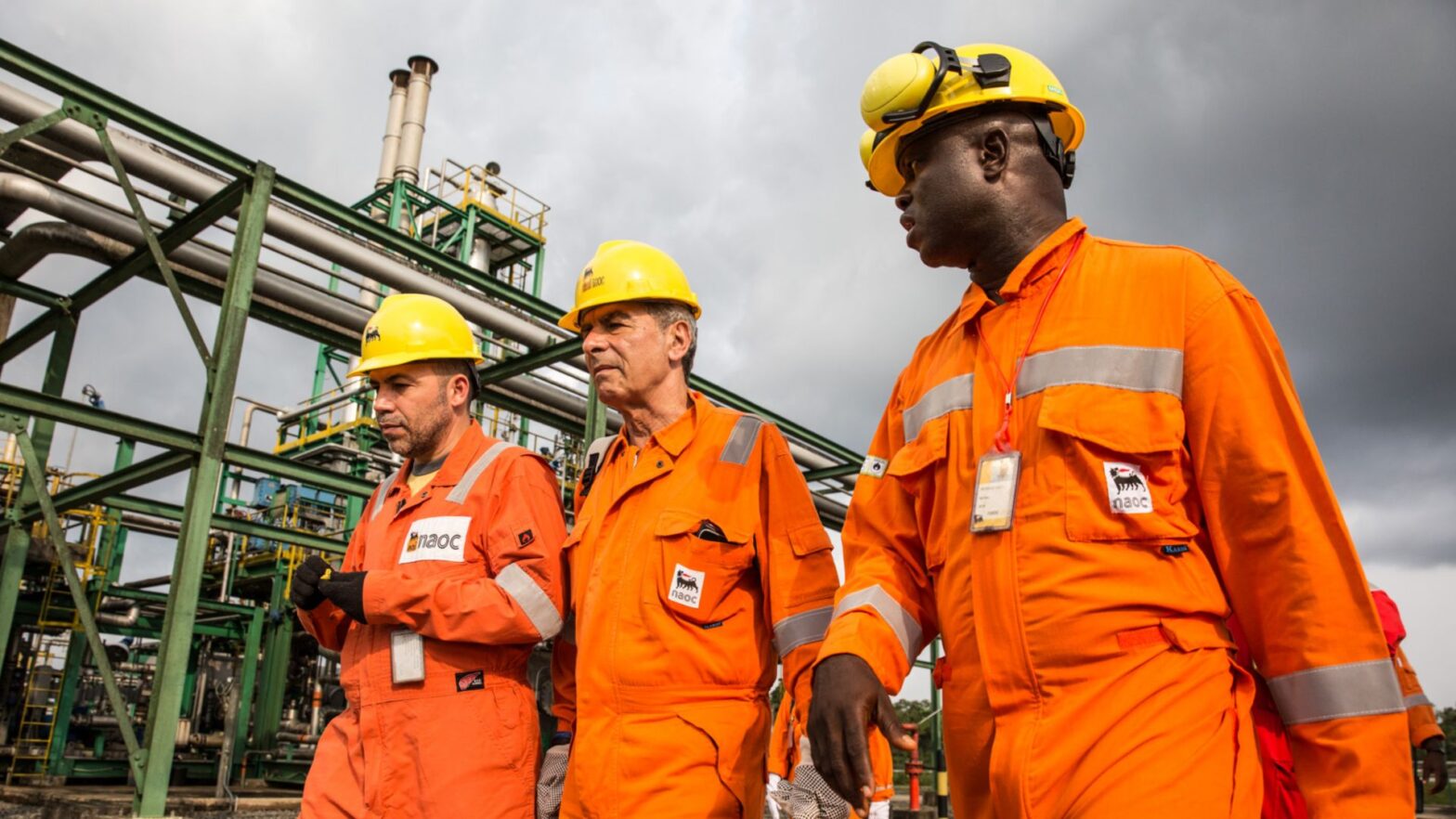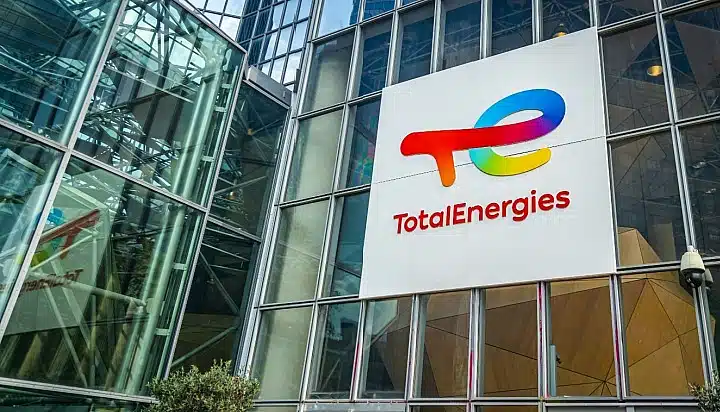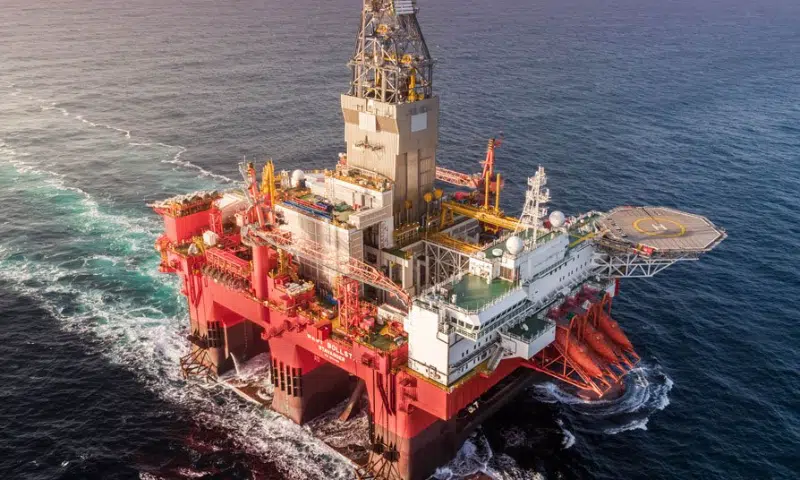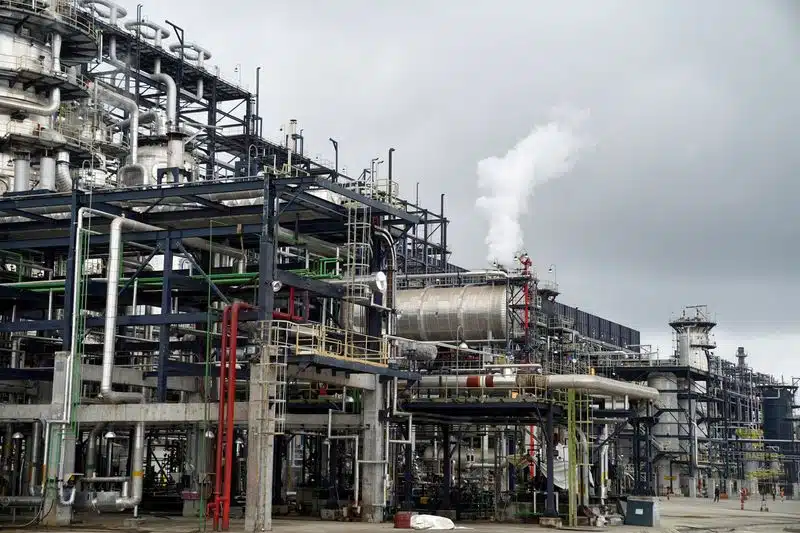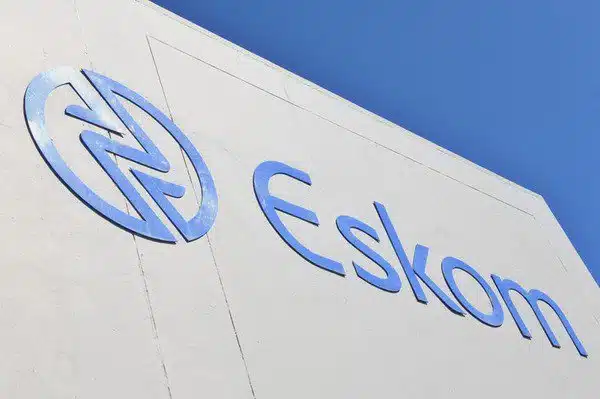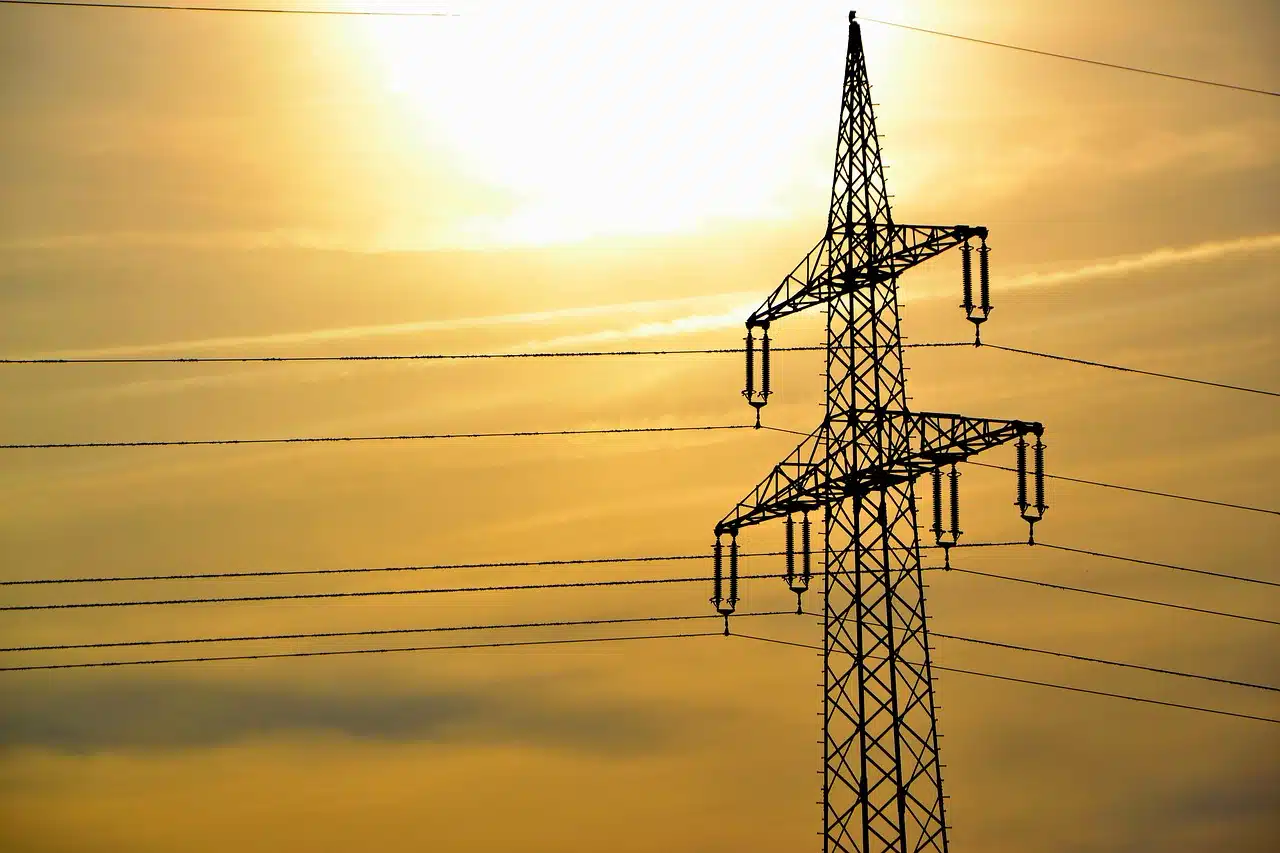The federal government of Nigeria has stepped in to assist its northern neighbor, Niger Republic, as the country faces an unprecedented fuel crisis.
Nigeria’s state-owned energy company, NNPC Limited, has approved the immediate supply of 300 trucks of petrol to Niger to help ease the fuel shortage.
This move comes in response to urgent requests from Nigerien officials seeking relief from the worsening crisis.
The crisis has left citizens frustrated as daily life and economic activities have been severely disrupted.
Niger is currently grappling with acute fuel shortages, with petrol prices reaching record highs of up to N8,000 per liter in certain regions.
According to Mallam Abubakar Usman, a transborder businessman from Nigeria, the severity of the situation varies by location.
“There is serious scarcity of fuel in the country. It depends on where one is getting the fuel. In Konni, the border town between Nigeria and Niger, you can get a litre at 1,200 CFA, which is about N2,500.
“If you go to Agadez, the same litre of fuel is 3,000 CFA, equivalent to N7,500 per litre. In Arilit, a local government under Agadez, which is the border town between Niger and Algeria, it is 3,500 CFA, which is about N8,750 when converted to our currency,” he explained.
Key factors behind the fuel crisis
Several factors have contributed to the fuel shortages in Niger. The cessation of fuel smuggling from Nigeria, which previously supplied up to half of Niger’s market, has drastically reduced availability.
The situation was further exacerbated by Nigeria’s subsidy removal policy, announced by President Bola Tinubu in May 2023, which effectively severed illegal fuel trade routes that had sustained supplies in Niger and other neighboring countries like Benin Republic.
Also, tensions between Niger’s military junta and Chinese oil companies have played a role in disrupting fuel supplies.
The junta, which seized power in July 2023, recently clashed with Chinese oil firms that have long dominated the country’s petroleum sector, including operating the Zinder refinery, Niger’s primary fuel processing plant.
The dispute escalated in March 2024 when China National Petroleum Corporation (CNPC) granted the Nigerien government a $400 million loan advance, expecting future crude oil deliveries as collateral.
The loan was intended to help cushion the impact of economic sanctions imposed by the Economic Community of West African States (ECOWAS) following the coup.
However, the deal fell apart when the cash-strapped junta failed to repay the debt and instead imposed heavy taxes on Chinese oil companies, further straining the country’s fuel supply.
Nigeria’s strategic move amidst diplomatic tensions
Despite recent diplomatic tensions between Nigeria and Niger, the decision to supply fuel underscores Nigeria’s commitment to regional stability and cooperation.
A senior Nigerian government official familiar with the matter revealed that the fuel supply was approved as a “strategic bargaining tool” in ongoing negotiations with Niger.
“We do not want to blow our trumpet. Rather, we want to use it as a bargaining chip for negotiation, as we continue to engage with them to bring them back to ECOWAS,” the official stated.
Additionally, officials at NNPC Limited suggested that the deal may have been facilitated by the Nigerian Presidency, given that the national oil company now operates as a limited liability firm.
Nigeria’s intervention in Niger’s fuel crisis highlights the importance of regional collaboration in addressing shared economic and political challenges.
The gesture could serve as a step toward improved diplomatic relations between the two nations, potentially fostering cooperation in other critical areas, including energy security and trade.
As Niger struggles to navigate its fuel crisis, Nigeria’s support is expected to provide much-needed relief while also reinforcing its influence in regional geopolitics.

